Warning: Graphic content, readers’ discretion advised. This story contains a recollection of crime and can be triggering to some readers discretion advised.
the case involving Mary Barbara Craig Rice (often referred to simply as “Mary Rice”), in connection with a multi‑state killing spree
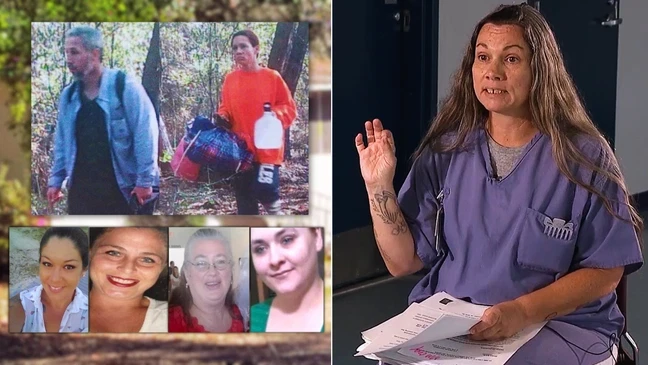
Rice and Boyette killed four women in Florida and Alabama over an eight-day period in early 2017. Their victims were Alicia Greer, Jacqueline Moore, Peggy Broz, and Kayla Crocker.
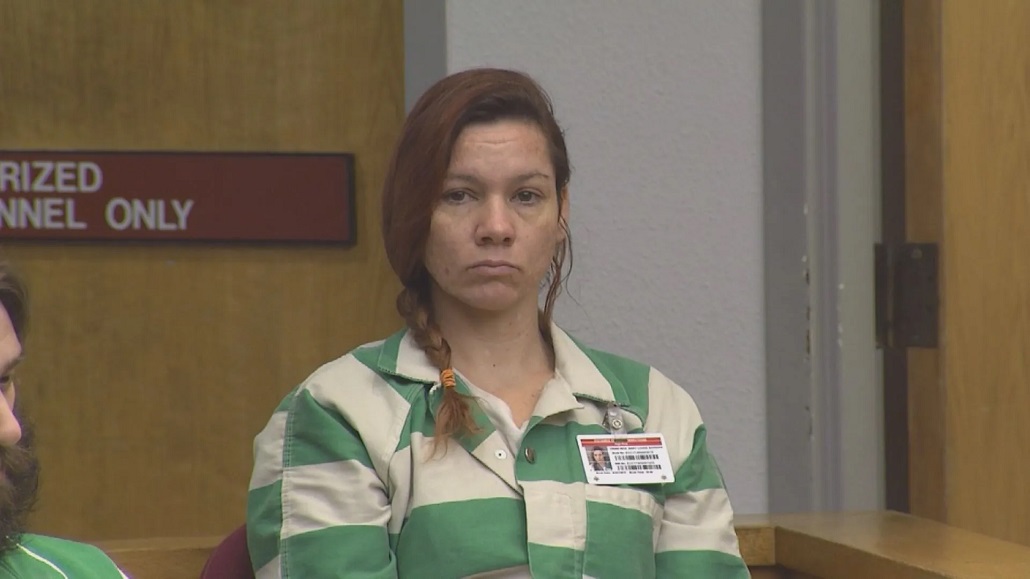
Mary Barbara Craig Rice was born circa 1979 age 38 in 2017.
She became involved with William “Billy” Boyette Jr., a convicted felon, via correspondence when he was incarcerated, then romantically linked after his release.
The relationship between Rice and Boyette was central to the authorities’ view of the killing spree that followed.

The crimes occurred over an approximately eight‐day period in late January/early February 2017, spanning Florida, Alabama and Georgia.
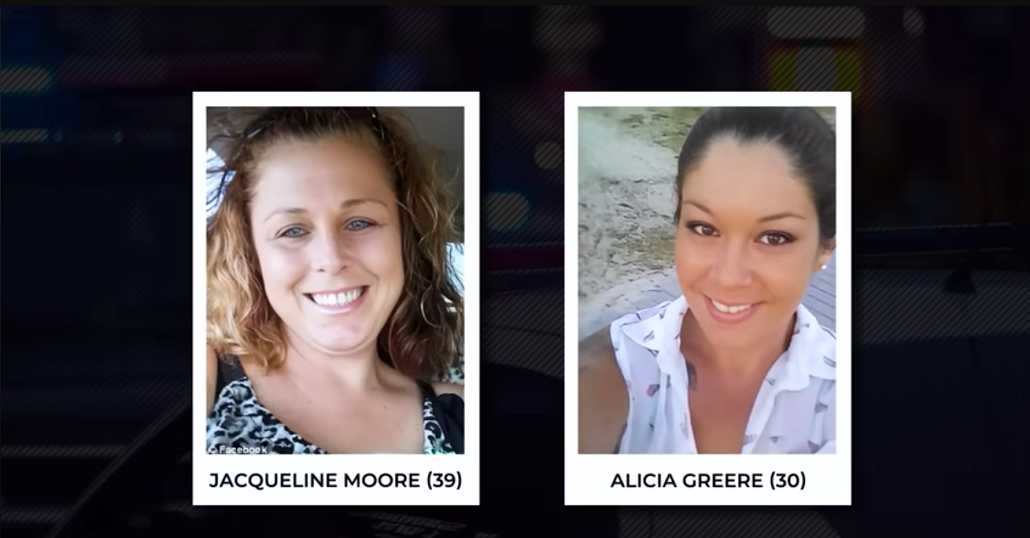
On January 31, 2017: Two women, Alicia Greer and Jacqueline Jeanette Moore, murdered in a motel Emerald Sands Inn in Milton / Santa Rosa County, Florida .
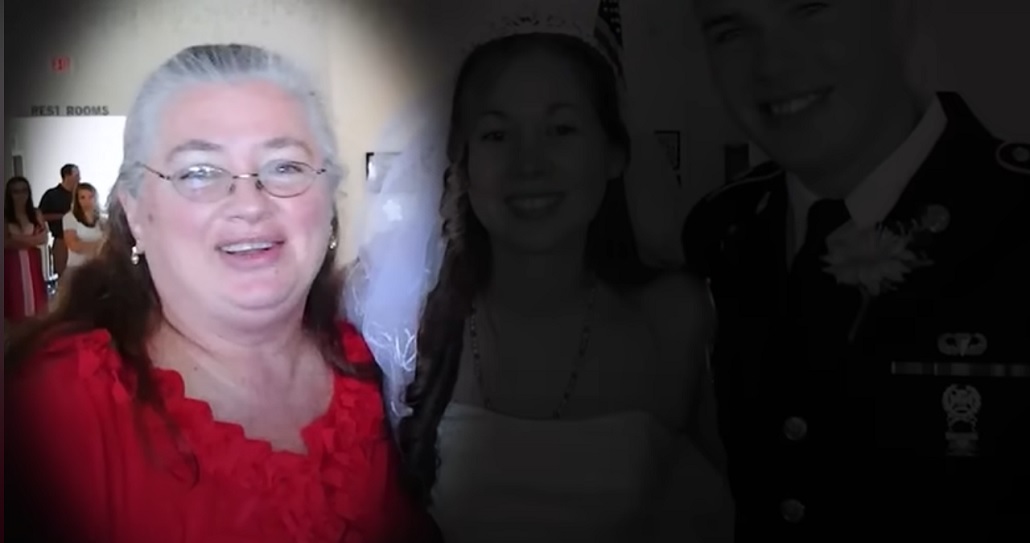
Shortly thereafter: The third victim, Peggy Broz (in some reports “P.B.”) was murdered in Alabama

On February 6, 2017: The fourth victim, Kayla Crocker, was shot in her home in Beulah, Florida; she died the next day.

After the spree, Boyette and Rice fled and were located at a motel in West Point, Georgia.

During a standoff the authorities say Boyette shot himself (suicide)

and Rice surrendered.
Rice was indicted in February 2017 for first‐degree murder (in Crocker’s case) and accessory charges for the other homicides
On September 28, 2018, Rice was found guilty by an Escambia County (Florida) jury of first‐degree murder for the Kayla Crocker killing and accessory after the fact in the other murders
he was sentenced to life imprisonment for the murder charge, plus consecutive 30‐year terms for accessories.
On November 13, 2019, the Florida First District Court of Appeal affirmed her conviction and sentence
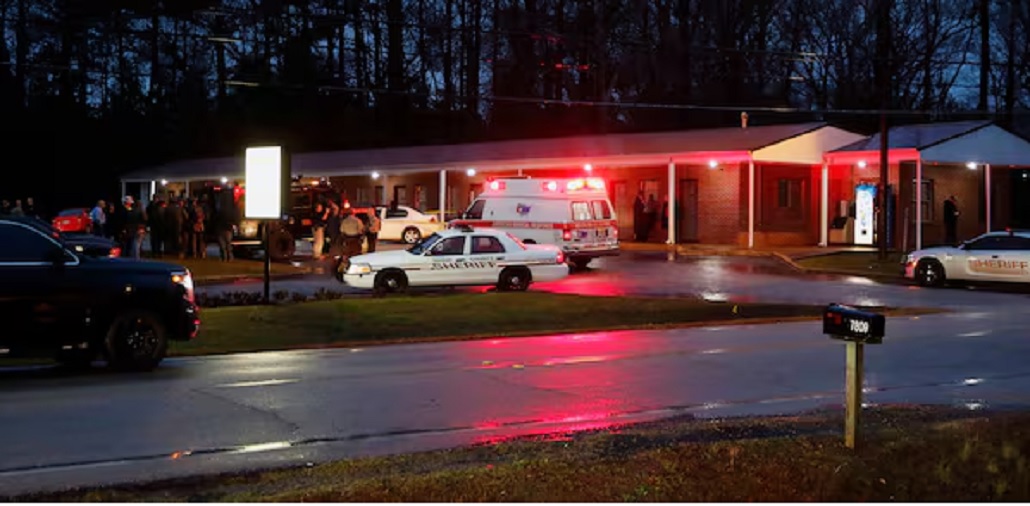
Authorities argued Rice was a willing participant in the crime spree:
Surveillance video and witness testimony placed her purchasing supplies (ammunition, sleeping bag, hand warmers) shortly after the motel murders.
Rice admitted being in the third victim’s home (Crocker) when Boyette shot her; tying her up at his direction and then fleeing in the victim’s car.
The court found sufficient evidence that Rice aided Boyette after the murders (refueling vehicles, stopping for convenience stores, helping evade capture)
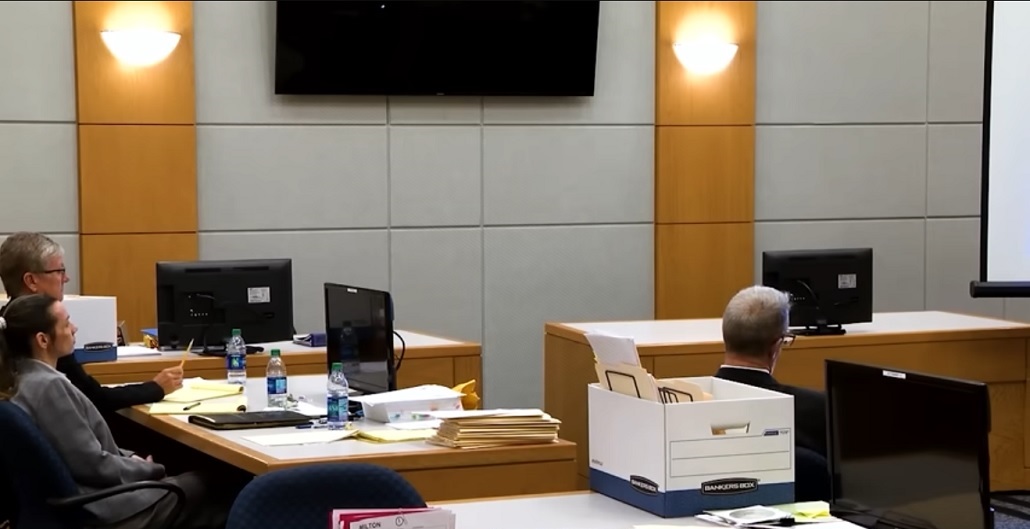
Rice’s defense argued she was coerced, threatened, or otherwise a victim of Boyette’s violence — essentially kidnapped or forced to comply
The appellate court found no reversible error and affirmed the convictions.
Importance & Implications:
The case exemplifies a multi‐state killing spree with fatal results and a rapid cross‐jurisdictional manhunt.
The involvement of a female accomplice/partner complicates the narrative (victim vs. accomplice) and raises questions of coercion, agency, and the nature of domestic/romantic relationships in violent crime contexts.
The appeals process confirms how accessory liability and co‐felon principals work: Rice was convicted both as a principal in one homicide (Crocker) and as an accessory in the others

While Rice was convicted and her sentence upheld, the motive(s) behind the spree (for Boyette and Rice) remain somewhat opaque beyond personal relationships, robbery, and possibly drug issues.
Whether Rice will ever claim full responsibility or whether her coercion story may lead to any reconsideration remains an open ethical and legal debate.
The case touches on lesser‐explored territory: the role of a romantic partner in a violent spree who may or may not have willingly participated versus being compelled.
